How Leesa Gazi’s work restores forgotten women’s stories from the Liberation War
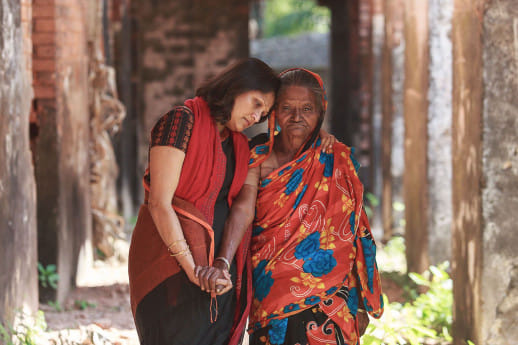
If stories are weapons, then Leesa Gazi carries hers with unwavering resolve. For over a decade, she has been weaving narratives that centre silenced voices — women bruised by war, forgotten by history, and yet brimming with defiance. Whether through theatre, documentary, or films, her work does not just bear witness — it insists on justice.
From the stage production "Birangona: Women of War," which toured both Bangladesh and the UK, to her gut-wrenching documentary "Rising Silence", Gazi has long pushed against the erasure of women's experiences.
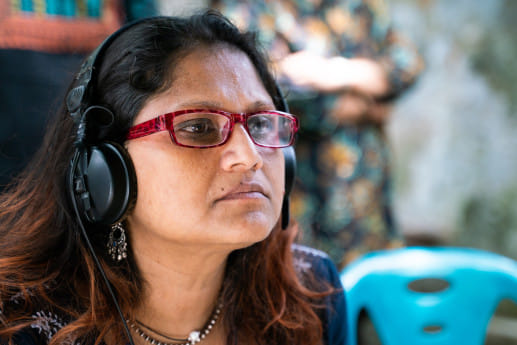
Her latest film, "A House Named Shahana (Barir Naam Shahana)", continues that legacy—earning the honour of becoming Bangladesh's official submission to the Oscars.
With Star Lifestyle, the trailblazing storyteller shares her journey through memory, loss, resistance, and what it truly means to tell women's stories from a woman's gaze.
You've worked in theatre, literature, and now cinema. But how do you define your artistic identity?
I like to call myself a storyteller. My passion lies in telling women's stories from a woman's perspective. It does not matter whether it's through drama, film, or literature — my path has always been about amplifying the voices of women who have been silenced or erased.
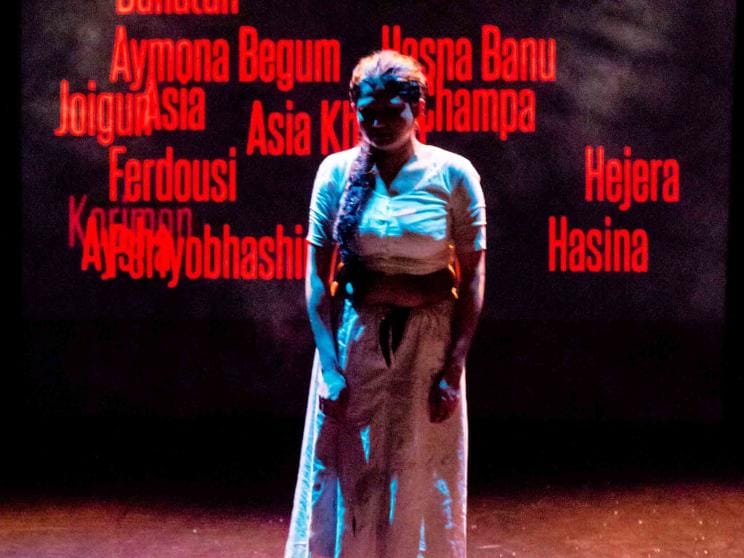
Your early work with the Komola Collective and Birangona. What first drew you to the stories of the Birangonas?
My father was a freedom fighter. When I was 17, he told me about seeing a truckload of women being brought to Dhaka after the war — rescued from rape camps. That image haunted me for years. I never saw their stories in the textbooks or on screens. It was as if history had deliberately erased them. That haunted absence became a lifelong drive to restore what had been denied.
Even your recent fiction film Barir Naam Shahana carries that same spirit — centring women, identity, and reclamation. Why do you keep returning to these themes?
Because I live with these stories. I carry them. They become part of me. Whether it's a moment, an image, or a real person, their truth stays with me until I have no choice but to tell it. We have seen too many portrayals where women are reduced to suffering, war, and melodrama. However, there are so many women I know—family, friends, strangers—who have stood tall, carved their paths, and lived unapologetically. I want to reflect those stories on screen.
How did it feel to hear that Barir Naam Shahana was selected as Bangladesh's official Oscar entry?
It was overwhelming. An incredible honour. But honestly, the greatest reward has been the response from the audience. When the ordinary woman sees herself on screen and celebrates that representation, that's the real award.
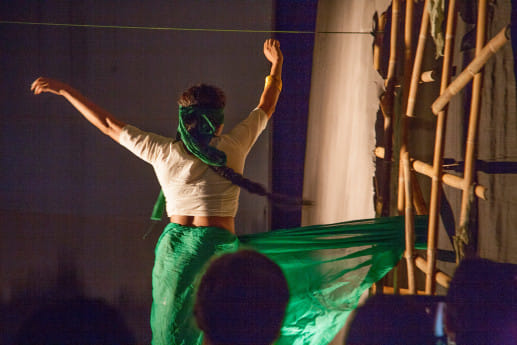
Many of your projects bring together survivors across generations and geographies. Why is that cross-border solidarity important?
Because trauma is universal. So is strength. When women who've endured violence come together — not to be pitied but to be seen, heard, and understood — they reclaim power. That exchange was not just symbolic; it was deeply healing. These are the kinds of bridges I want my work to build.
In your view, what are some quiet yet powerful acts of resistance by Bangladeshi women that deserve more attention?
A girl going out for a walk. That shouldn't be revolutionary, but it still is. A woman deciding what to wear, or when to return home without explaining herself — that's resistance. These are fundamental rights, yet they're treated as luxuries. The fight begins at the most basic level.
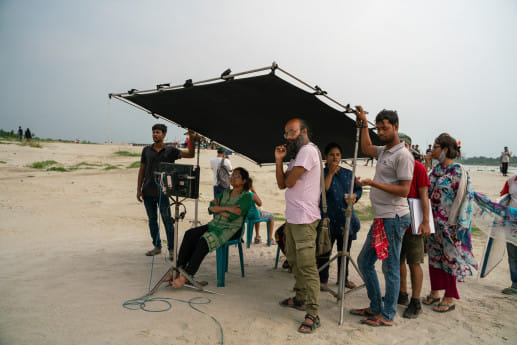
What advice would you give to emerging female filmmakers who face rejection or a lack of institutional support?
Don't take no for an answer. You will be told "no" a thousand times, but if the story lives inside you — tell it. Make your path. No one will make it for you. But, once you start walking it, you will find others who believe in you. I've lived that truth.
What's next for Leesa Gazi?
I will keep listening. And I will keep telling the stories that the world is too afraid to hear. Because someone has to.
Photo: Courtesy



 For all latest news, follow The Daily Star's Google News channel.
For all latest news, follow The Daily Star's Google News channel.
Comments